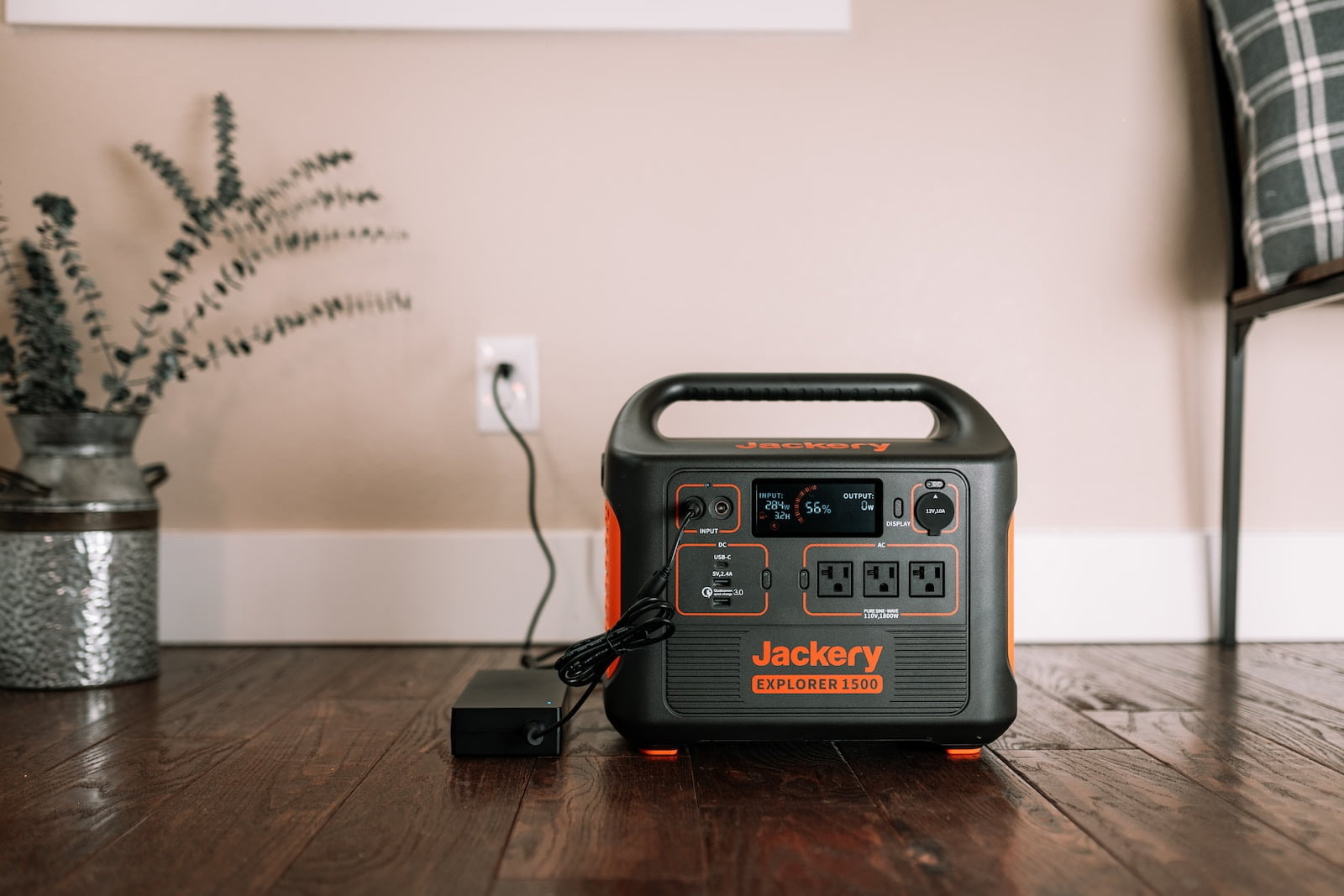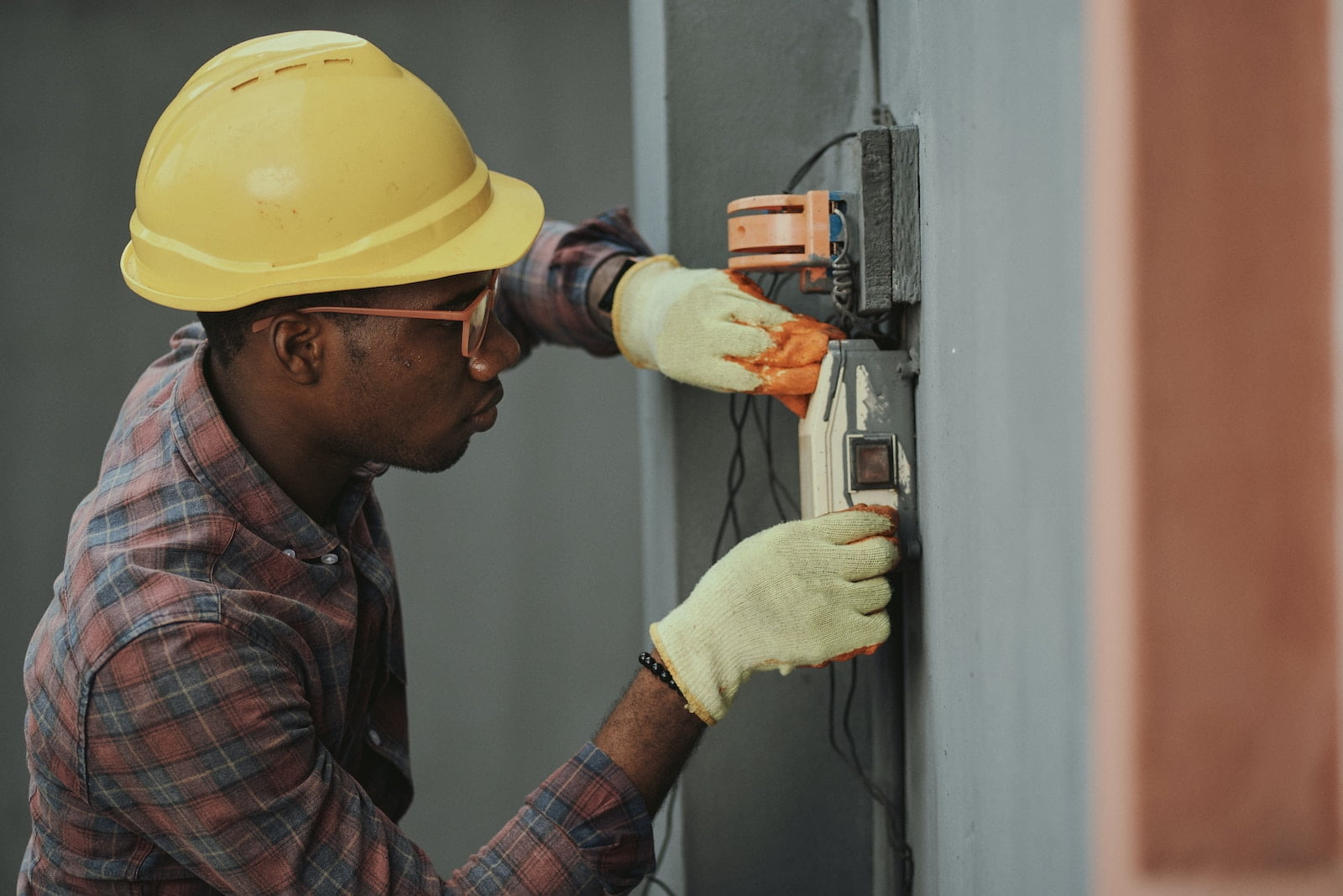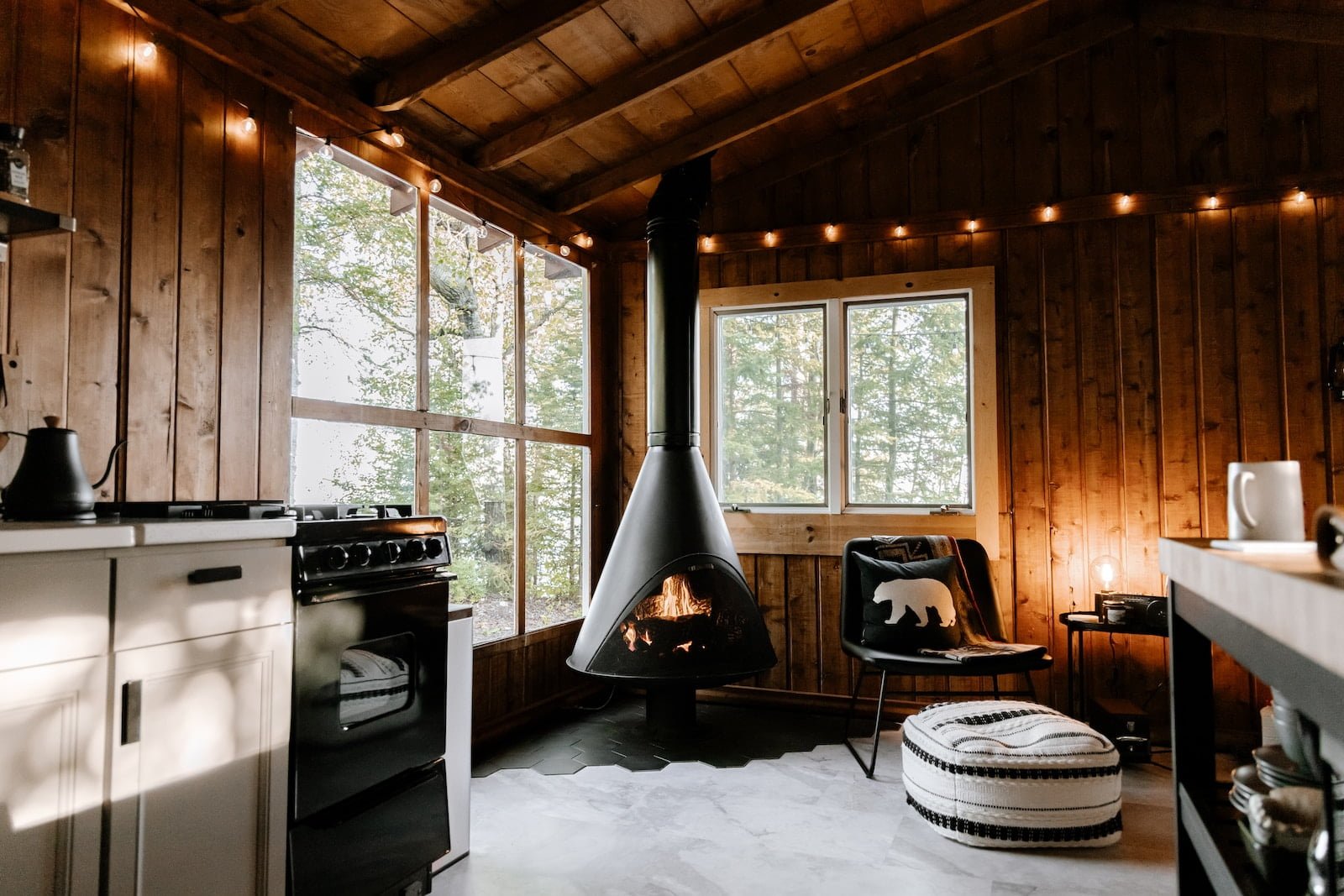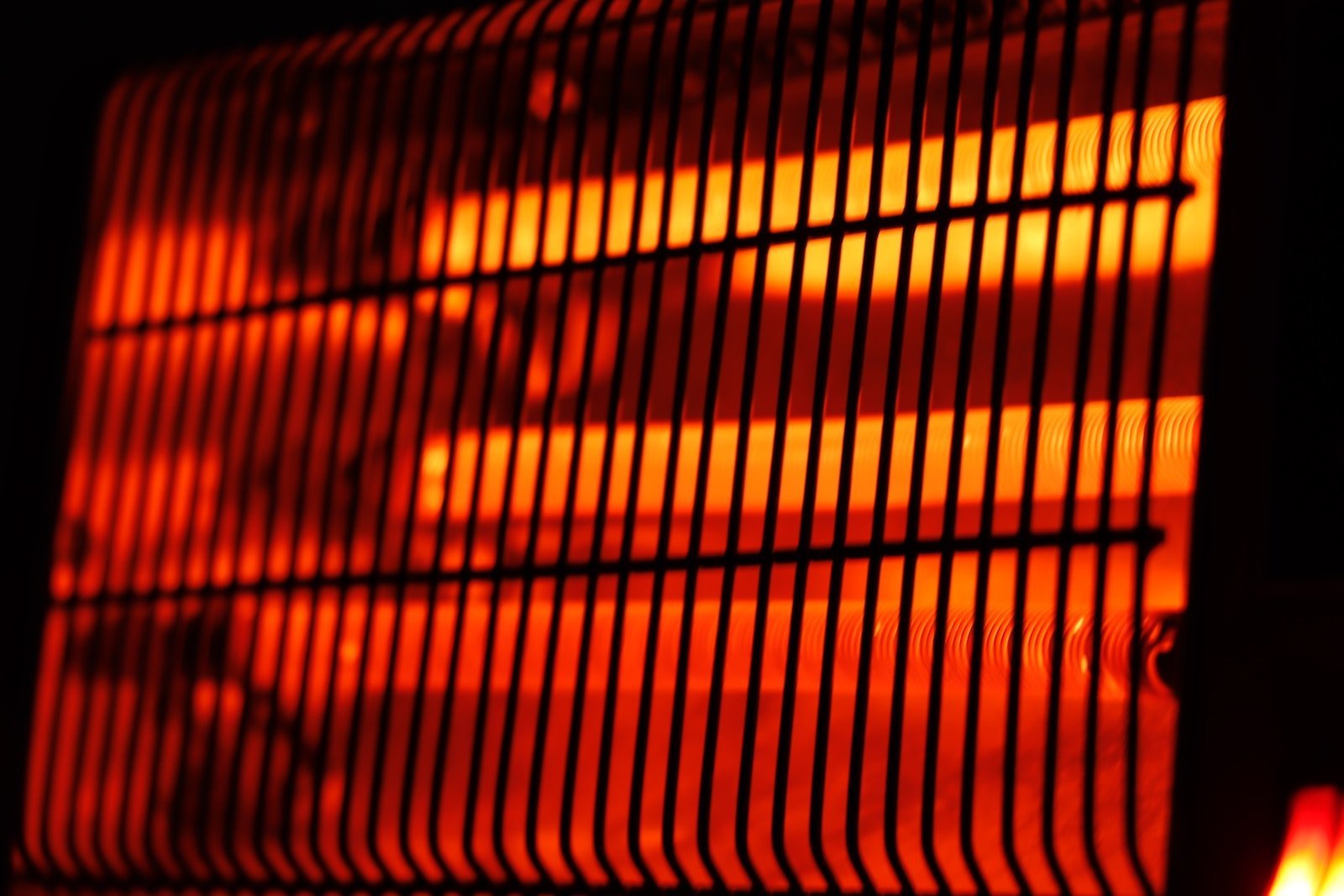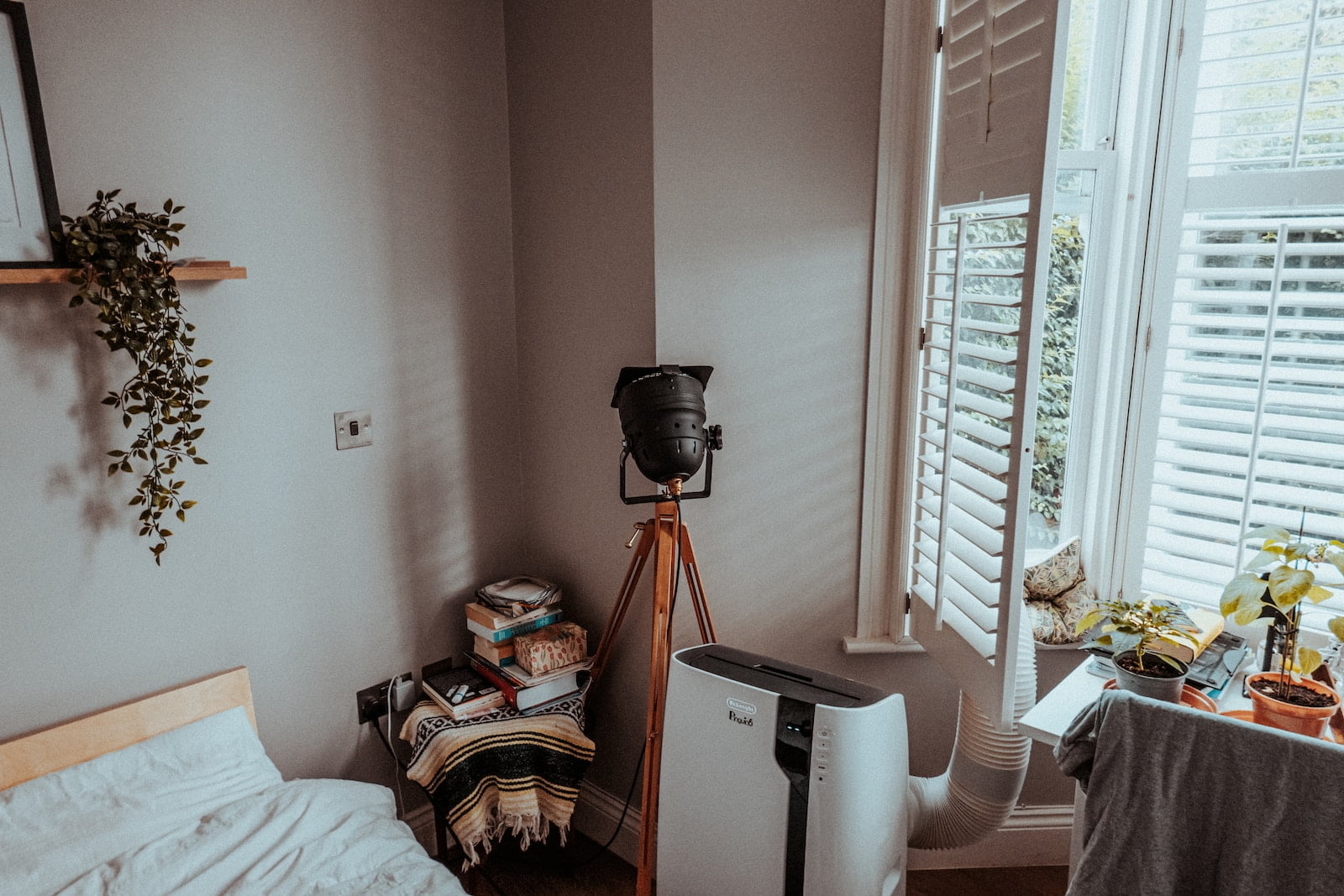Top Generators to Keep Your Home Secure During Power Outages
Power outages can be a frustrating experience for homeowners, especially when they occur unexpectedly and last for an extended period. Not only do they disrupt daily routines, but they also pose a significant threat to home security. During power outages, homes become vulnerable to burglars, and critical systems such as security alarms and surveillance cameras become inoperative. This is where generators come in handy. They provide homeowners with a reliable backup power source that can keep their homes secure and functioning during power outages. In this article, we will delve into the importance of generators in keeping homes secure during power outages and explore the different types of generators available in the market.
Features, Pros, and Cons of Portable Generators
A portable generator is a great backup power source for homes during power outages. It is a compact and lightweight device that can be easily transported from one place to another. Portable generators come in various sizes and power capacities, ranging from 1,000 to 10,000 watts. They are powered by gasoline, propane, or diesel fuel and can provide power for several hours or even days, depending on the generator’s fuel capacity and usage.
One of the main advantages of portable generators is their portability and ease of use. They can be easily moved around and set up in different locations, making them ideal for camping, outdoor events, and emergency situations. Portable generators can power essential appliances such as refrigerators, lights, and heaters, providing comfort and security during power outages.
However, portable generators also have some disadvantages. They can be noisy, emit fumes, and require regular maintenance. They also have a limited runtime, and if not used correctly, they can be dangerous or even deadly. It is essential to follow safety guidelines and operate the generator in a well-ventilated area to prevent carbon monoxide poisoning.
In conclusion, portable generators are a useful backup power source for homes during power outages. They are portable, easy to use, and can power essential appliances. However, they also have some disadvantages, such as noise, fumes, and safety concerns. It is important to choose the right generator size and fuel type, follow safety guidelines, and maintain the generator properly to ensure its safe and effective use.
Pros and Cons of Standby Generators
Standby generators are an excellent investment for homeowners who want to keep their homes secure during power outages. These generators are designed to automatically detect power outages and switch on to provide backup power. Some of the features of standby generators include automatic startup, low maintenance, and long-lasting performance. Additionally, standby generators are available in various sizes and capacities, making them suitable for different types of homes and power needs.
Despite their benefits, standby generators also have some drawbacks. One of the main disadvantages of these generators is their cost. Standby generators are more expensive than portable generators, and they require professional installation. Additionally, standby generators run on natural gas or propane, which can be costly, especially during extended power outages. Another disadvantage of standby generators is their noise level. These generators can be quite loud, which can be a nuisance for homeowners and their neighbors.
Overall, standby generators are an excellent investment for homeowners who want to ensure their homes remain secure during power outages. However, it’s essential to weigh the pros and cons carefully before investing in one. If you decide to purchase a standby generator, make sure to choose the right size and capacity for your home, and hire a professional to install it. With proper maintenance and care, a standby generator can provide reliable backup power for years to come.
Inverter generators: their features, pros, and cons, and how they can be used to keep homes secure during power outages
One of the main features of inverter generators is that they are highly portable and can be easily moved from one place to another. They are also much quieter than traditional generators, which makes them perfect for use in residential areas. Inverter generators are also highly fuel-efficient and can run for longer periods of time on a single tank of gas. This means that they can provide power for extended periods of time during power outages, which can be very helpful in keeping homes secure.
One of the main pros of inverter generators is that they provide clean and stable power that is safe for sensitive electronics and appliances. They are also highly reliable and require very little maintenance, which makes them a great investment for homeowners who want to ensure that they are prepared for power outages. However, there are also some cons to using inverter generators, such as their higher cost compared to traditional generators and their lower power output.
Despite these drawbacks, inverter generators are a great option for homeowners who want to keep their homes secure during power outages. They can be used to power essential appliances such as refrigerators, lights, and security systems, which can help to keep homes safe and secure. Whether you live in an area that is prone to power outages or simply want to be prepared for emergencies, investing in an inverter generator is a smart choice that can provide peace of mind and security for you and your family.
Solar-powered generators for home security during power outages
One of the main features of solar-powered generators is that they are environmentally friendly. They use the sun’s energy to generate electricity, which means they do not emit harmful pollutants into the atmosphere. Additionally, solar-powered generators are easy to use and require minimal maintenance. They can be set up quickly and easily, and they do not require any fuel or oil changes like traditional generators.
The biggest advantage of solar-powered generators is that they can provide power during power outages. This is especially important for homes that rely on electricity for security systems. When the power goes out, security systems may fail, leaving homes vulnerable to break-ins and theft. Solar-powered generators can keep security systems up and running, ensuring that homes remain safe and secure.
However, solar-powered generators also have some drawbacks. They can be expensive to purchase and install, and they may not be able to generate enough power to run all of the appliances and electronics in a home. Additionally, they rely on sunlight to generate power, which means they may not be as effective during cloudy or rainy weather.
Overall, solar-powered generators can be a great investment for homeowners who want to keep their homes secure during power outages. They are environmentally friendly, easy to use, and can provide reliable power when it is needed most. However, it is important to weigh the costs and benefits before making a purchase.
